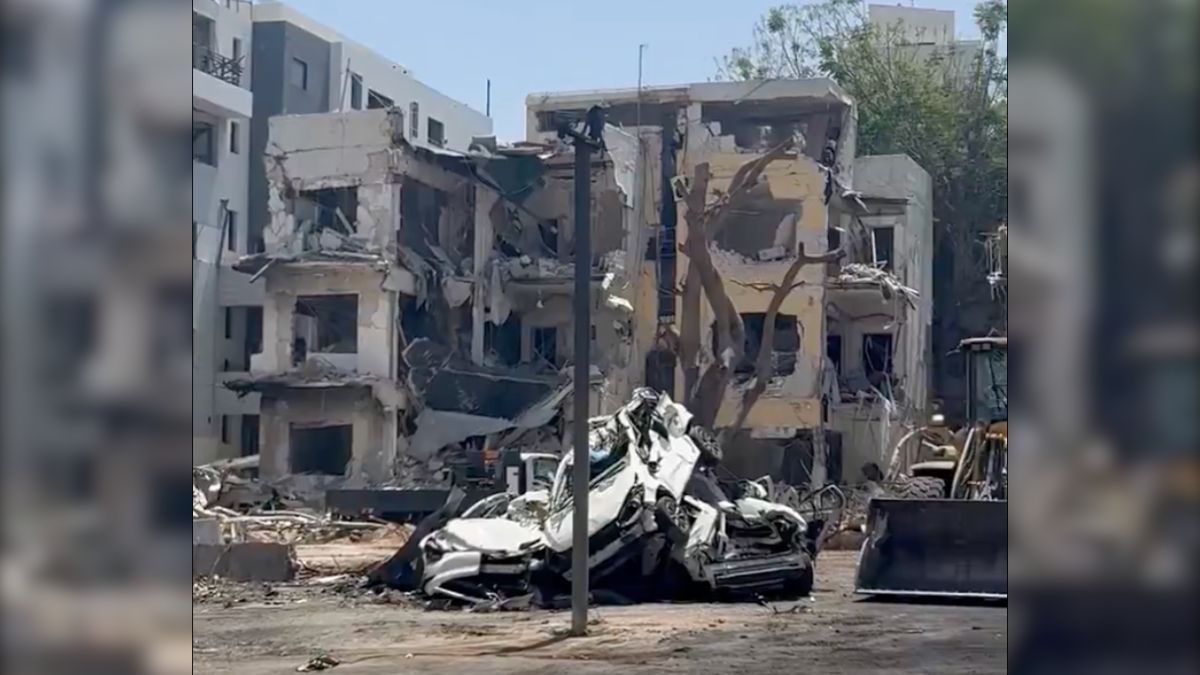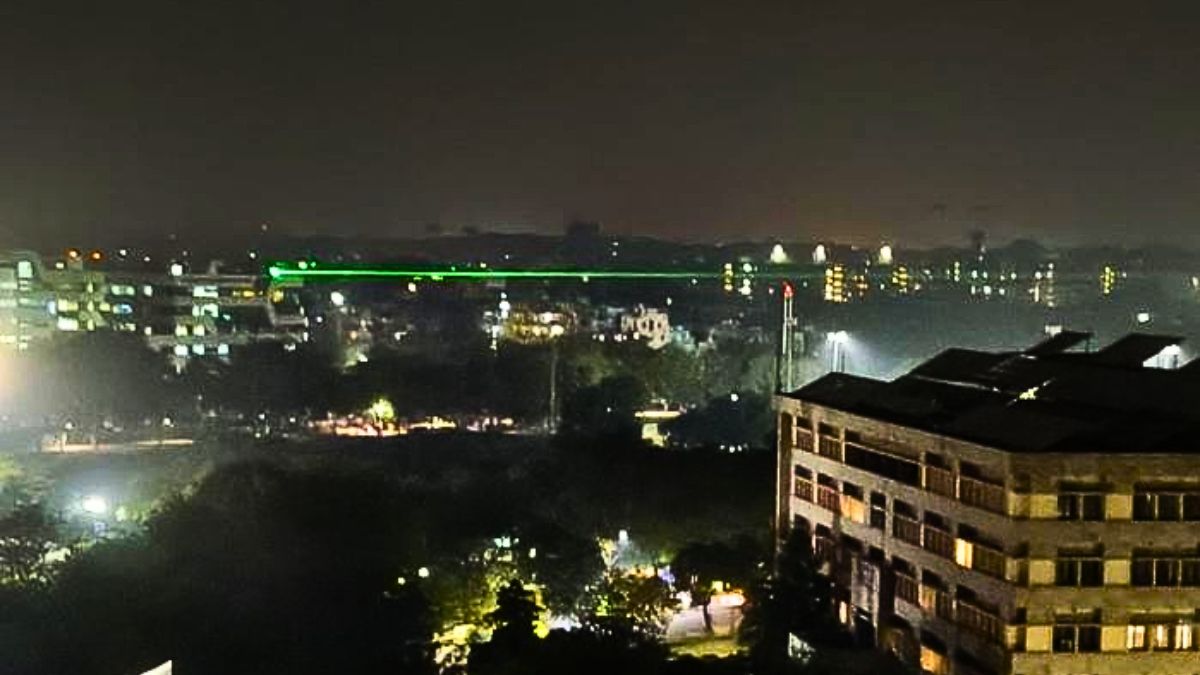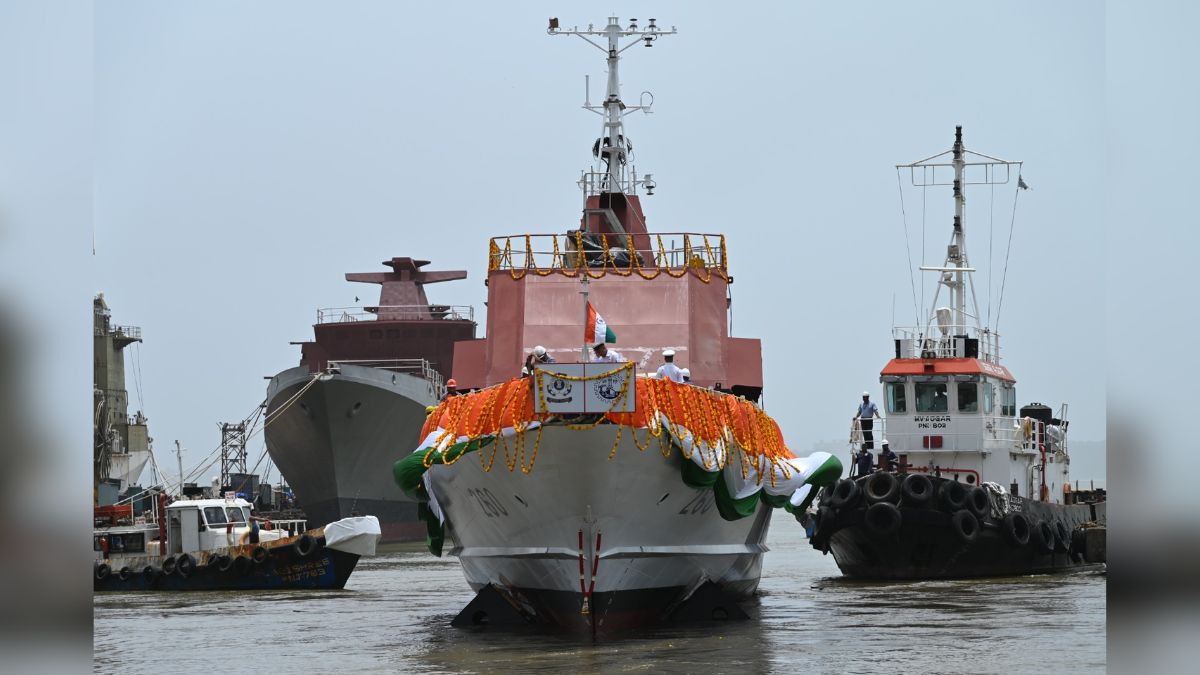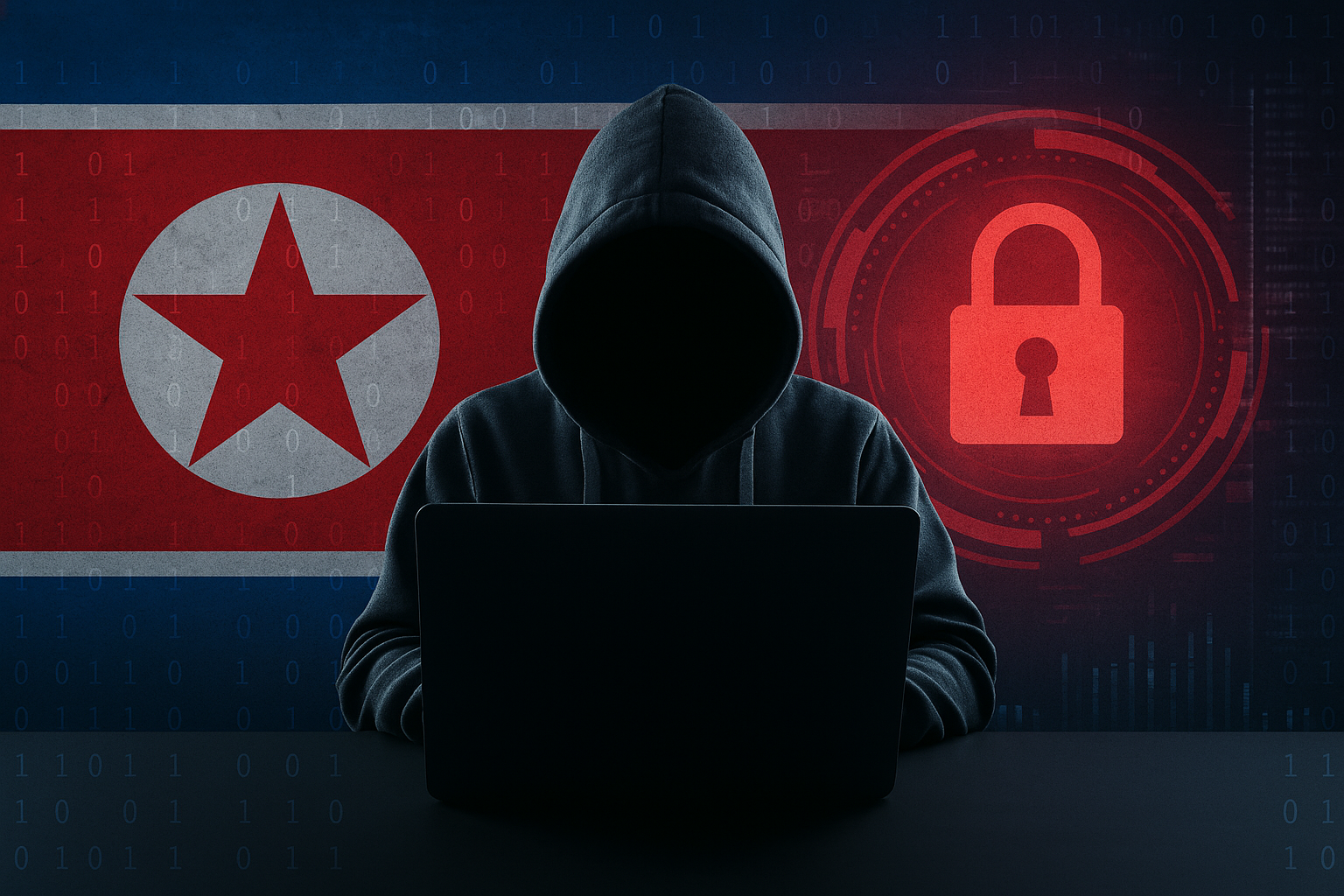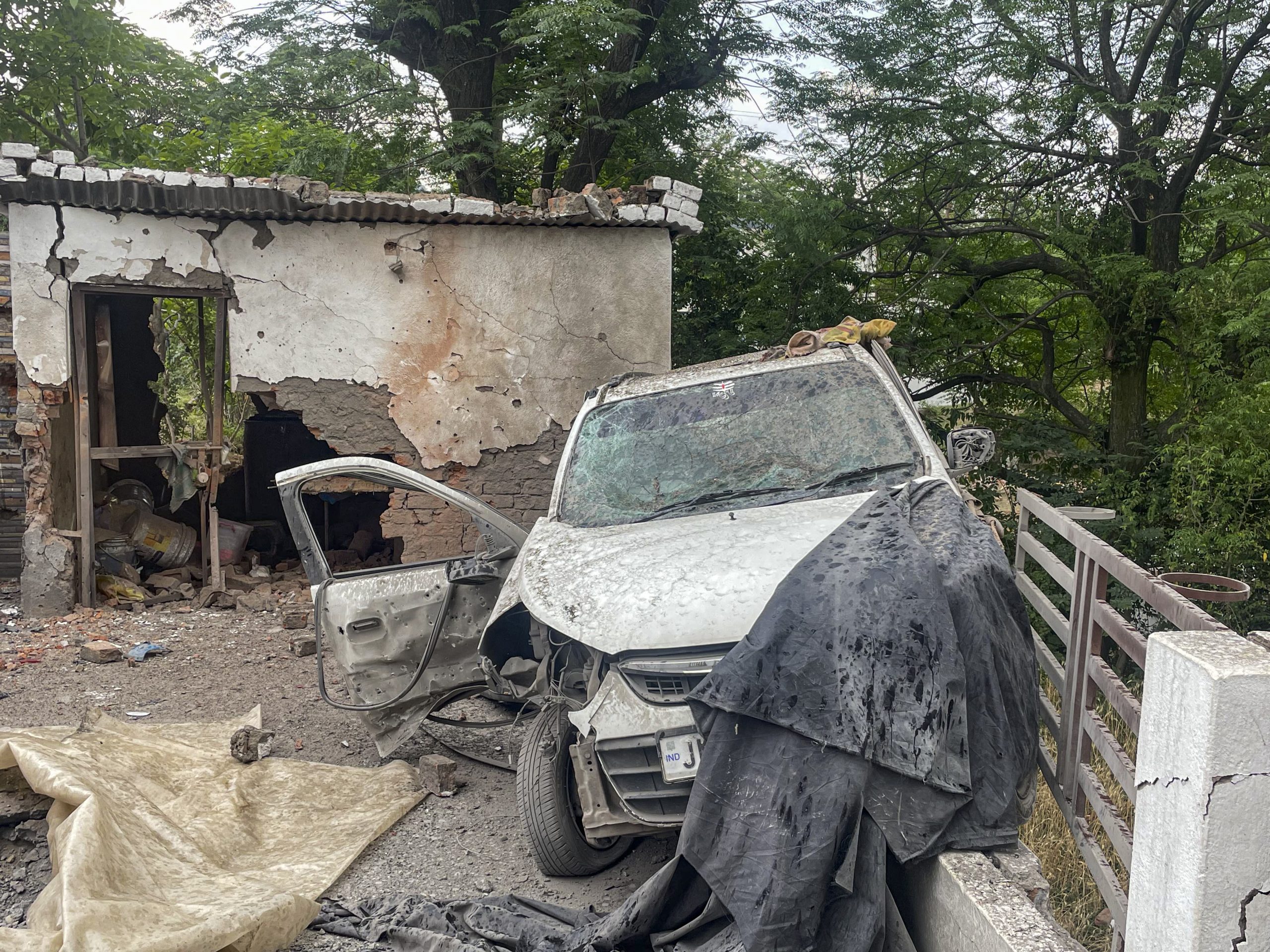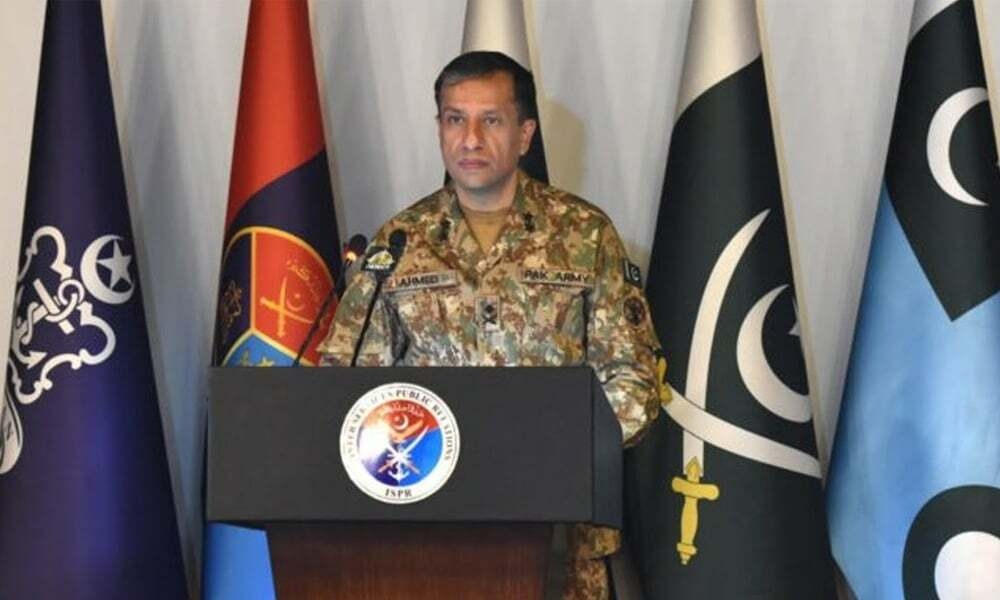‘Shabash’: Army Chief Praises Troops For Repelling Pak’s Provocations in Op Sindoor
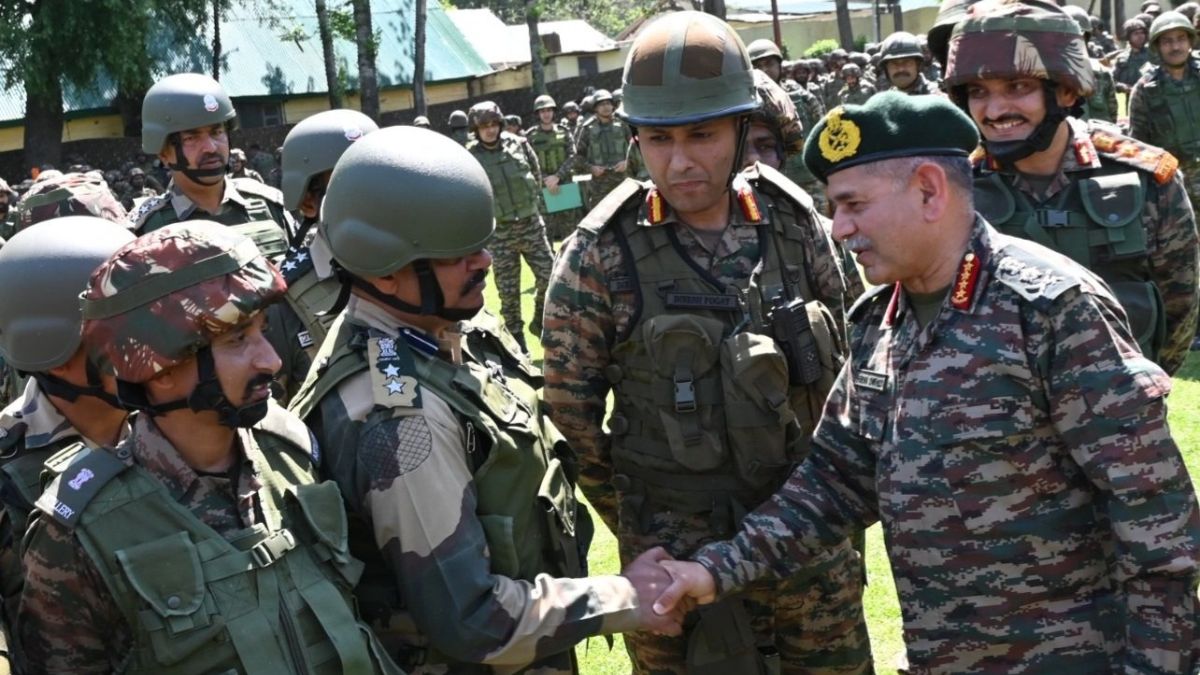
India's Chief of Army Staff, General Upendra Dwivedi, met with soldiers on Thursday (May 15) to commend their performance during Operation Sindoor. Image courtesy: Indian Army
Chief of the Army Staff (COAS) General Upendra Dwivedi visited key forward locations in Jammu & Kashmir to commend troops involved in Operation Sindoor. His tour included visits to the Dagger Division under Chinar Corps, as well as forward posts in Srinagar, Uri, and Unchi Bassi.
The focus of the visit was to present a direct expression of appreciation for the conduct and coordination of soldiers who played a central role in India’s calibrated military response.
Operation SINDOOR was launched in the wake of escalating cross-border threats and targeted attacks, including the April 2025 Pahalgam incident. The Army Chief’s visit served to reinforce the connection between command leadership and the troops who executed the mission on the ground.
What did the Army Chief say to the troops?
During his address to soldiers on the ground, General Dwivedi acknowledged the effective response mounted by the Indian Army against aerial and ground provocations from across the border. He credited the success of Operation SINDOOR to precise coordination and the collective effort of all arms and services involved.
He praised the troops’ vigilance and operational readiness, particularly along the Line of Control, and commended their role in targeting and destroying terrorist infrastructure in Pakistan-occupied Jammu & Kashmir (POJK). The success of these missions, he noted, was a direct result of coordinated action, situational awareness, and high morale.
Delivering a firm and direct message, General Dwivedi addressed the ranks with a loud “Shabash!”, reinforcing the Army’s commitment to national security and its capacity to respond to evolving threats.
What did Gen Dwivedi say about troops’ humanitarian role?
Apart from the primary military objectives, General Dwivedi also acknowledged the assistance provided by troops to civilians affected by cross-border shelling.
Pakistan’s artillery response, which targeted civilian zones, was met with military containment and with relief and support operations on the Indian side.
The Army Chief reaffirmed the dual responsibility of the Indian Army — to defend the borders and to safeguard the lives of citizens in conflict-affected areas. He described these efforts as a continuation of the Army’s approach to integrated security, where operational actions are accompanied by humanitarian support.
Why was this visit significant?
General Dwivedi’s field visit following Operation SINDOOR was significant in reinforcing troop morale and recognising frontline performance. His direct engagement with personnel from infantry, artillery, engineers, and support arms was viewed by many as a signal of trust in the professionalism and preparedness of Indian forces.
By avoiding ceremonial fanfare and instead opting for direct interaction, the Army Chief underlines the importance of leadership presence in conflict-prone regions. The visit served to bridge operational command and ground execution, strengthening the institutional cohesion that defines the Indian Army’s operational effectiveness.
